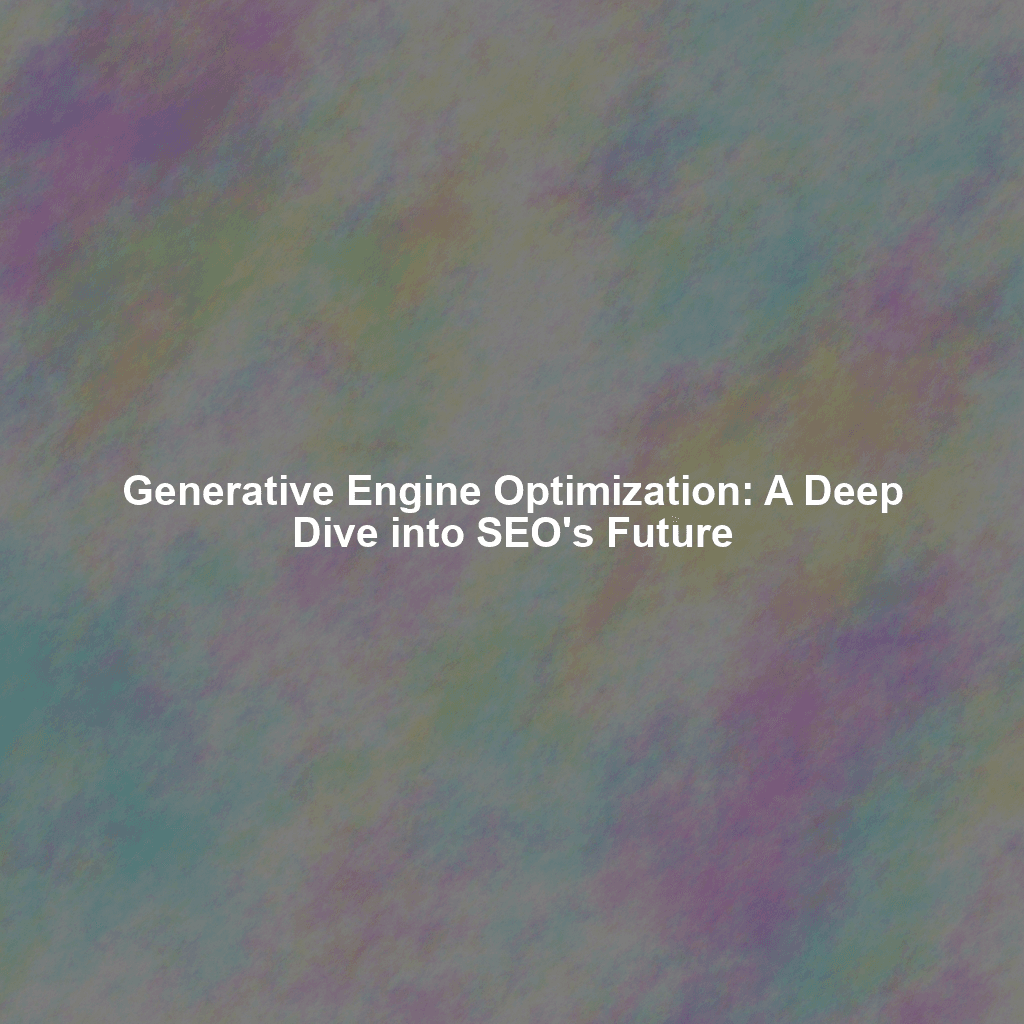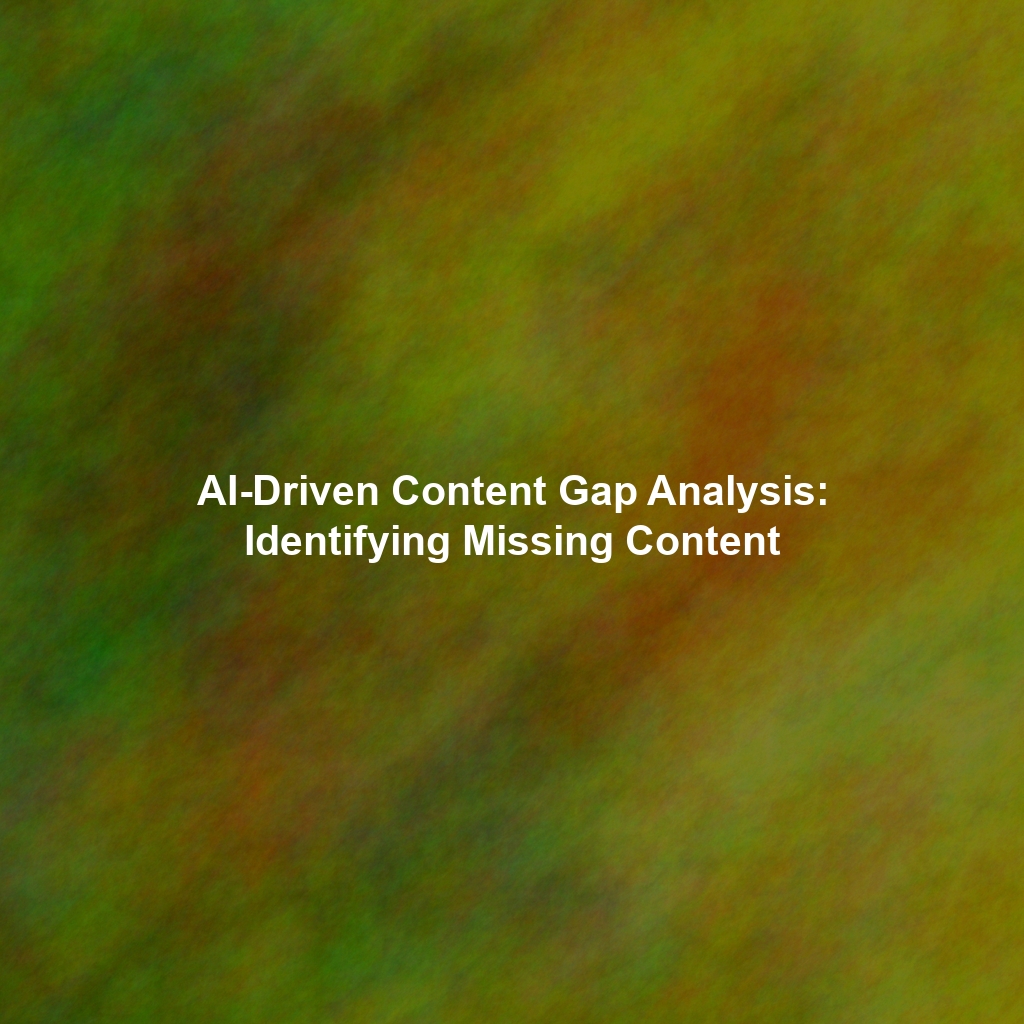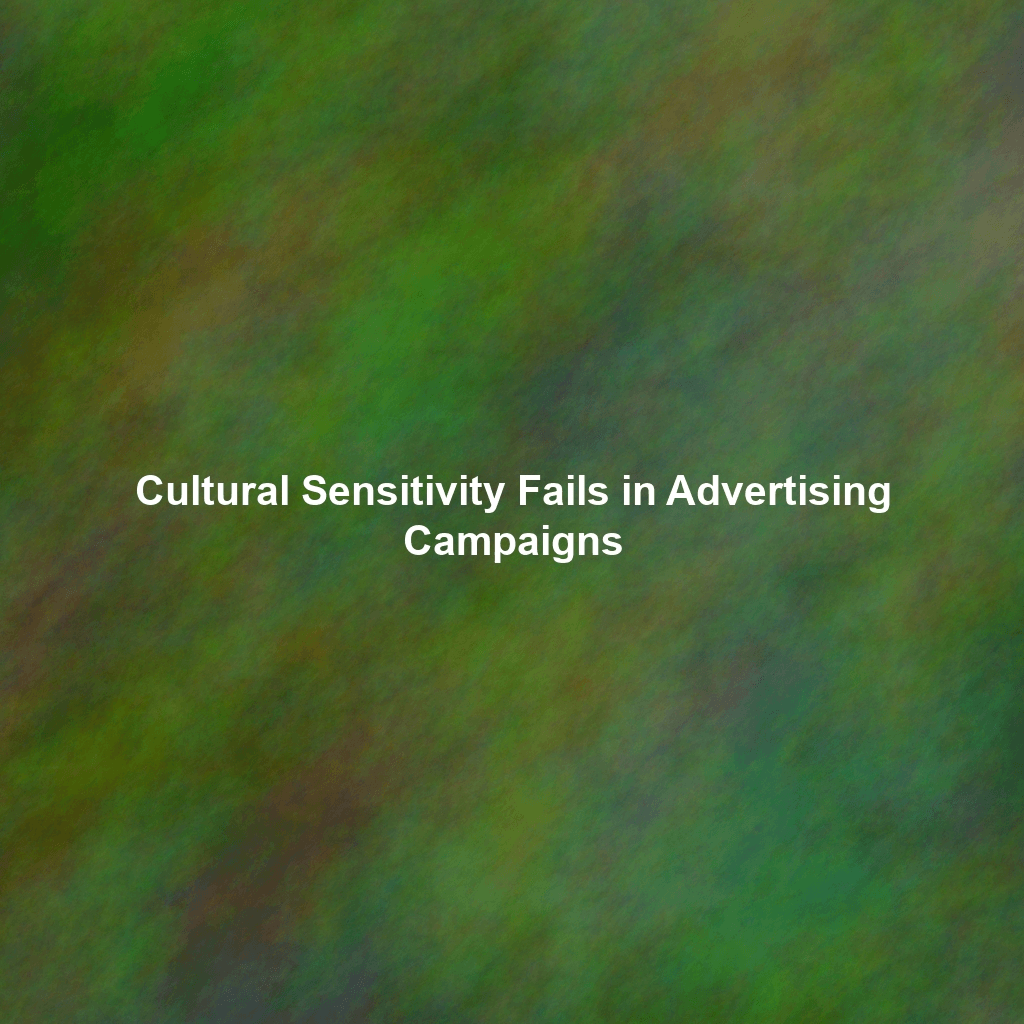Generative Engine Optimization: The Next Frontier for SEO Professionals
The digital landscape is rapidly evolving, driven by the transformative power of artificial intelligence (AI). At the forefront of this evolution is Generative AI, and its impact on Search Engine Optimization (SEO) is undeniable. This blog post provides a deep dive into Generative Engine Optimization (GEO), exploring its core concepts, practical applications, and the strategies SEO professionals and digital marketers need to thrive in this new era. We’ll dissect how generative AI models are reshaping search, content creation, and overall digital marketing strategies.
Understanding Generative Engine Optimization (GEO)
Generative Engine Optimization (GEO) represents the strategic application of generative AI technologies to improve search engine visibility and performance. It goes beyond traditional SEO by leveraging AI to automate and enhance various aspects of the optimization process, from keyword research and content creation to technical SEO and link building. GEO is not simply about using AI tools; it’s about fundamentally rethinking how we approach search optimization in a world where AI models are increasingly shaping user search experiences.
Core Components of Generative AI in SEO
Several core components define the application of generative AI in SEO. Understanding these elements is crucial for developing effective GEO strategies:
- Natural Language Processing (NLP): NLP algorithms analyze and understand human language, enabling AI to interpret search queries, generate relevant content, and optimize for semantic search.
- Large Language Models (LLMs): LLMs like GPT-4 and Gemini are trained on massive datasets and can generate human-quality text, code, and other content formats. They are key to content creation, summarization, and question answering.
- Machine Learning (ML): ML algorithms analyze data to identify patterns, predict trends, and personalize user experiences. In SEO, ML can be used for keyword research, link building, and performance forecasting.
- Generative Adversarial Networks (GANs): While less directly applied than LLMs, GANs can generate synthetic data for training other AI models or create unique visual content for marketing purposes.
These components work together to provide a powerful toolkit for SEO professionals, enabling them to work smarter, not just harder. This technology is already changing the game, with Google’s MUM (Multitask Unified Model) and similar initiatives showcasing the trend.
The Impact of Generative AI on SEO Practices
Generative AI is fundamentally altering established SEO practices. Here’s a breakdown of how it’s impacting key areas:
Keyword Research and Analysis Enhanced by AI
AI-powered tools are revolutionizing keyword research. Instead of relying solely on manual analysis or basic keyword tools, SEOs can now use AI to:
- Identify Long-Tail Keywords: AI can uncover niche keywords and phrases that are difficult to find through traditional methods.
- Analyze Search Intent: AI algorithms can determine the intent behind search queries (informational, transactional, navigational) with greater accuracy.
- Predict Keyword Trends: AI can analyze historical data and predict future keyword trends, allowing SEOs to stay ahead of the curve.
- Generate Keyword Clusters: AI can group related keywords into clusters, making it easier to create comprehensive content strategies.
Tools like Semrush, Ahrefs, and SurferSEO are integrating AI-driven keyword research features to provide more insightful data. This is a significant shift from the traditional, often time-consuming, keyword research processes.
Content Creation and Optimization: AI’s New Playground
Generative AI is transforming content creation, allowing SEOs to:
- Generate High-Quality Content: LLMs can produce articles, blog posts, product descriptions, and other content formats quickly and efficiently.
- Optimize Content for Search Engines: AI can analyze content and suggest improvements to optimize it for specific keywords and search intent.
- Personalize Content: AI can tailor content to individual user preferences, improving engagement and conversion rates.
- Automate Content Repurposing: AI can repurpose existing content into different formats (e.g., turning a blog post into a video script).
However, it’s crucial to remember that AI-generated content should be reviewed and edited by human writers to ensure accuracy, originality, and brand voice. Tools like Jasper and Copy.ai are popular for content generation, but human oversight is essential.
Technical SEO and On-Page Optimization with AI Assistance
AI can also streamline technical SEO tasks:
- Website Audits: AI can automate website audits, identifying technical issues that affect search engine visibility.
- Schema Markup Generation: AI can generate schema markup to help search engines understand website content.
- Page Speed Optimization: AI can analyze website performance and suggest improvements to page loading speed.
- Internal Linking Optimization: AI can analyze content and suggest relevant internal linking opportunities.
By automating these tasks, SEO professionals can focus on more strategic initiatives. This allows for faster identification and resolution of technical SEO challenges.
Link Building and Outreach Strategies Powered by AI
AI is also reshaping link building:
- Identify Link Building Opportunities: AI can analyze competitor backlinks and identify potential link-building targets.
- Personalize Outreach Emails: AI can personalize outreach emails, increasing the likelihood of a response.
- Monitor Backlink Performance: AI can monitor backlink performance and identify opportunities to improve link quality.
Tools like Hunter.io, combined with AI-driven outreach tools, can significantly improve the efficiency and effectiveness of link-building campaigns. Building high-quality backlinks remains a crucial ranking factor.
Developing a Generative Engine Optimization Strategy
To effectively leverage GEO, SEO professionals need a strategic approach. Here are key steps to consider:
1. Assessing Your Current SEO Infrastructure
Before implementing GEO, evaluate your existing SEO infrastructure. This includes your current tools, processes, and team expertise. Identify areas where AI can provide the most significant benefits. Consider the following questions:
- What are your current SEO processes?
- Which tools are you using?
- What are your biggest SEO challenges?
- What are your goals for GEO implementation?
Conducting a thorough assessment will help you identify the right AI tools and strategies for your specific needs.
2. Selecting the Right AI Tools and Technologies
The market for AI-powered SEO tools is growing rapidly. Choose tools that align with your goals and budget. Consider the following factors:
- Functionality: Does the tool offer the features you need (e.g., keyword research, content generation, technical SEO)?
- Accuracy: How accurate and reliable are the tool’s results?
- Ease of Use: Is the tool user-friendly and easy to integrate into your workflow?
- Cost: What is the cost of the tool, and does it fit within your budget?
Research and test different tools before committing to a specific solution. Experimentation is key.
3. Integrating AI into Your Workflow
Once you’ve selected your tools, integrate them into your existing workflow. This may involve:
- Training Your Team: Provide training to your team on how to use the new tools and technologies.
- Establishing New Processes: Develop new processes for using AI tools in your SEO activities.
- Monitoring and Evaluating Results: Track the performance of your AI-driven SEO efforts and make adjustments as needed.
Gradual integration and consistent evaluation are essential for success.
4. Prioritizing Human Oversight and Quality Control
While AI can automate many SEO tasks, human oversight is still crucial. Always review AI-generated content, analyze data, and make strategic decisions based on your expertise. Ensure that:
- Content is Original: Check AI-generated content for plagiarism and ensure it’s original.
- Content is Accurate: Verify the accuracy of the information in AI-generated content.
- Content Aligns with Your Brand Voice: Ensure that the content reflects your brand’s voice and style.
- Ethical Considerations: Be mindful of ethical considerations when using AI, such as transparency and avoiding the creation of misleading content.
Human expertise remains invaluable in ensuring quality and maintaining brand integrity.
5. Staying Updated with the Latest Trends
The field of AI and SEO is constantly evolving. Stay informed about the latest trends, technologies, and best practices. Follow industry publications, attend webinars, and participate in online communities. The SEO landscape will continue to be shaped by AI, so continuous learning is a must.
Challenges and Considerations in the Era of Generative Engine Optimization
While GEO offers significant opportunities, it also presents challenges:
Content Quality and Authenticity
One of the primary challenges is ensuring the quality and authenticity of AI-generated content. AI-generated content can sometimes lack originality, be factually inaccurate, or fail to capture the nuances of human language. Human review and editing are crucial to address these issues. The impact of Google’s Helpful Content Updates further emphasizes the need for authentic, valuable content.
Over-Reliance on AI and the Importance of Human Expertise
Over-reliance on AI can lead to a loss of human expertise and critical thinking skills. It’s essential to strike a balance between automation and human oversight. SEO professionals should use AI as a tool to enhance their skills, not replace them. The best SEO strategies are a blend of AI and human ingenuity.
Ethical Considerations and Bias in AI
AI models can be biased, reflecting the biases present in the data they are trained on. This can lead to unfair or discriminatory outcomes. SEO professionals need to be aware of these potential biases and take steps to mitigate them. Transparency and ethical considerations are crucial when using AI in SEO.
Data Privacy and Security
Using AI tools involves sharing data. SEO professionals need to be mindful of data privacy and security. Choose tools that comply with data privacy regulations and take steps to protect sensitive information. Ensure that the tools you use have robust security measures in place.
The Future of GEO: Predictions and Outlook
The future of GEO is bright. Here are some predictions and insights:
Increased Automation and Efficiency
AI will continue to automate more SEO tasks, freeing up SEO professionals to focus on strategic initiatives. This will lead to increased efficiency and productivity. Tasks like content creation, technical SEO audits, and link building will be significantly streamlined.
More Sophisticated Search Algorithms
Search engine algorithms will become more sophisticated, understanding search intent and user behavior with greater accuracy. This will require SEO professionals to focus on creating high-quality, user-focused content. The evolution of Google’s search algorithm, with updates like BERT, MUM and others, demonstrates this trend.
Personalized Search Experiences
AI will personalize search experiences, tailoring results to individual user preferences and needs. This will require SEO professionals to optimize content for specific audiences and create personalized content strategies. User-centric SEO will become even more critical.
The Rise of Voice Search Optimization
Voice search is becoming increasingly popular, and AI will play a crucial role in optimizing content for voice search queries. This will require SEO professionals to focus on conversational language and structured data. The rise of voice assistants like Siri, Alexa, and Google Assistant will drive this shift.
The shift is already happening. For instance, according to a report by Statista, the global voice assistant market size is projected to reach over $8.7 billion by 2027. This indicates a growing need for optimized voice search strategies.
Continuous Learning and Adaptation
SEO professionals will need to continuously learn and adapt to the changing landscape. Those who embrace AI and GEO will be best positioned to succeed. The ability to learn, adapt, and stay ahead of the curve will be crucial for success in the future of SEO.
Conclusion: Embracing the GEO Revolution
Generative Engine Optimization is not just a trend; it’s the future of SEO. By understanding the core concepts, embracing AI tools, and developing a strategic approach, SEO professionals and digital marketers can thrive in this new era. The key is to embrace the opportunities presented by AI while maintaining human oversight, ethical considerations, and a commitment to creating high-quality, user-focused content. The journey into GEO is an ongoing process, requiring constant learning, adaptation, and a willingness to embrace the future of search.
 Skip to content
Skip to content

